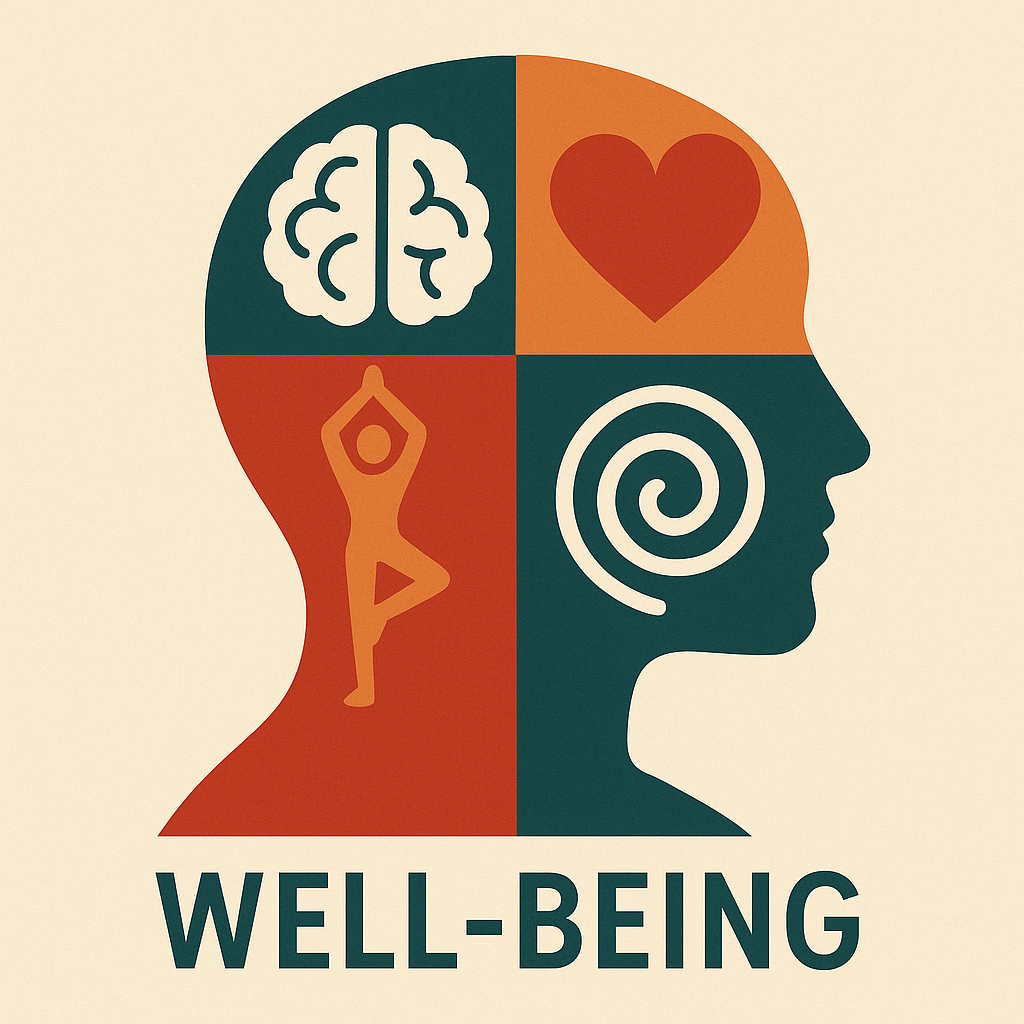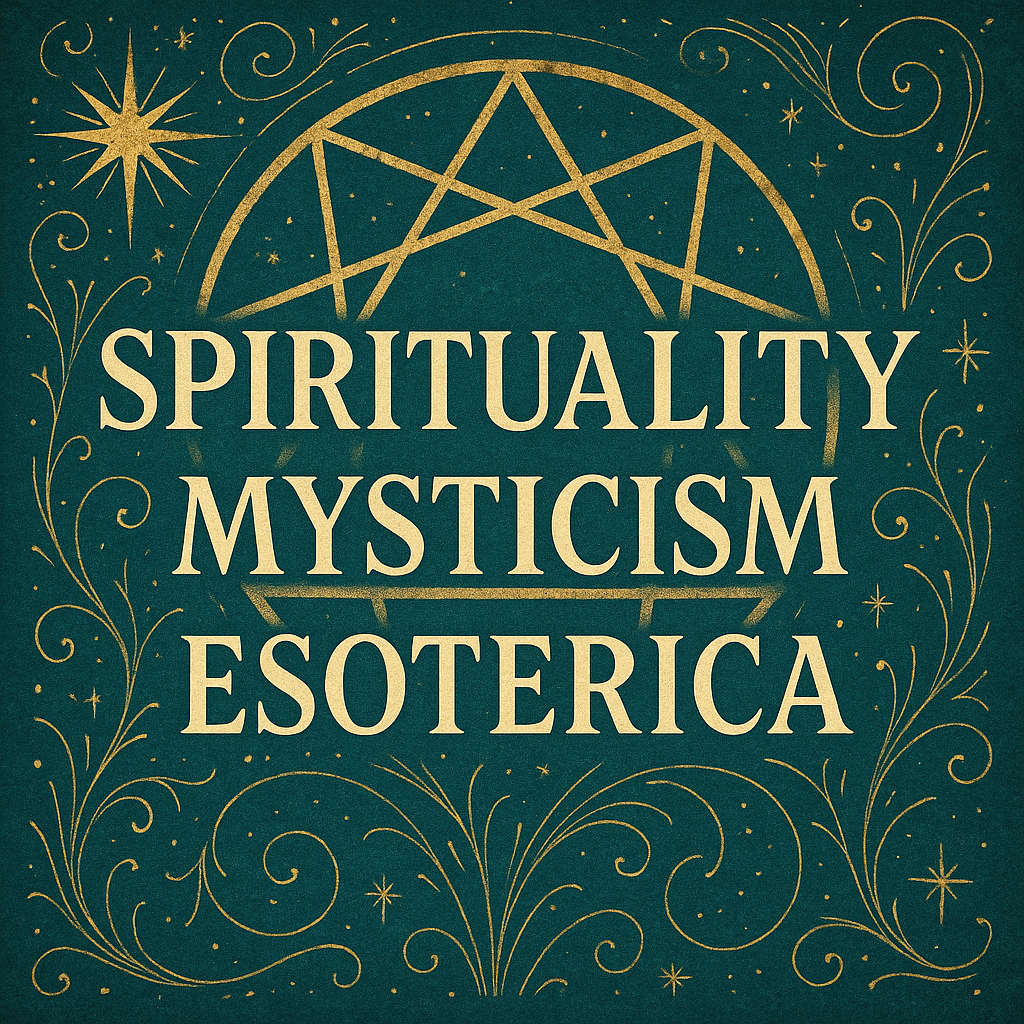What started as a health experiment became a spiritual practice.
Like many people, I first came to intermittent fasting because I was curious about its physical benefits—weight regulation, improved energy, and better focus. What I didn’t expect was how it would quietly reshape my relationship with food, with time, with hunger… and ultimately, with myself.
This post isn’t a how-to guide. It’s a reflection on how fasting—especially intermittent fasting—became more than a health hack. It became a practice that united my body, mind, and spirit in a way I hadn’t anticipated.
Not My First Fast
I’ve been fasting since I was fifteen.
As a Bahá’í, every March we observe a nineteen-day fast—no food or drink from sunrise to sunset. It’s a sacred time of spiritual realignment, quiet reflection, and the strengthening of willpower. It’s also challenging. There’s no water, no snacks, and no shortcuts. Just you, your soul, and the sun as a clock.
But outside of that season, my relationship with food was… less disciplined. I’d fall into patterns of mindless eating—snacking when bored, reaching for sugar when tired, responding to stress with comfort food rather than real nourishment. My awareness of what my body truly needed had grown dull.
So when I first heard about intermittent fasting, it almost sounded like cheating. I could drink water during the day? I could choose my own schedule? Compared to the spiritual fasts I’d practiced for years, this felt easy.
And it was—at least in the beginning.
I read a few books, looked at the research, and decided to experiment. First, I cut out snacking. I paid attention to how I felt between meals and noticed which foods left me satisfied—and which ones triggered more hunger. Then I dropped breakfast altogether, easing into a 16:8 schedule. Half the fast I’d be sleeping anyway.
The results were swift and undeniable. The weight began to fall away—not just pounds, but heaviness. I wasn’t dragging myself through the day anymore. I wasn’t ruled by cravings. I began to crave healthy foods. Without following a strict diet, I found myself gravitating toward something my body seemed to prescribe: fewer baked goods, less sugar, fewer refined carbs; more fresh produce, raw foods, and proteins.
What began as a simple health experiment quickly revealed itself to be a path to deeper awareness. It wasn’t just about when I ate—it was about how I listened.
The Ancient Roots of Fasting
As I kept going, I began to remember: this wasn’t new.
Every spiritual tradition has some version of fasting woven into its core.
- Muslims fast from sunrise to sunset during Ramadan.
- Christians have Lent.
- Jews observe Yom Kippur.
- Buddhists and Hindus fast regularly as part of purification and devotion.
Why? Because fasting breaks patterns. It invites reflection. It quiets the body enough for the soul to speak.
When I fast, I’m not just skipping breakfast—I’m stepping outside the constant stream of consumption that keeps my senses dulled and my heart distracted. I’m remembering how little I actually need, and how much I already have.
The Science Behind It
Let’s talk biology for a moment.
Intermittent fasting has been shown to:
- Improve insulin sensitivity
- Lower inflammation
- Boost autophagy (cellular cleanup)
- Enhance brain function and protect against neurodegenerative diseases
- Potentially extend lifespan
Your body, it turns out, is meant to rest from digestion. Evolutionarily, we weren’t built to graze all day. Giving your body regular windows without food is like letting it deep-clean. It doesn’t just function better—it becomes more resilient.
I experimented with 24 hour fasts a couple days a week. You’d think those would be the days where you feel drained because you’re not getting any calories. In reality, though, it was the opposite. Those were the days I felt energized. It was like my body was saying here’s the energy you need, now go out and find some food.
Why I Still Fast
I don’t think of myself as fasting anymore, even though I do every day. It’s just a part of the way I live. It’s like meditation or journaling or a walk in the woods when my head is too full.
It’s a reset.
Fasting reminds me that hunger isn’t always a crisis. That comfort isn’t always the goal. That my body isn’t a machine, but a messenger. And sometimes, the message is: wait.
The space between meals becomes a space for listening.
In short, fasting is a way of creating space for greater awareness. It’s like meditation for the body and the senses.
Try It for the Health. Stay for the Clarity.
If you’re curious about intermittent fasting, start slow. Start smart. Listen to your body. But also… listen to what else arises.
Because fasting may begin in the body—but it doesn’t end there. It leads to a kind of internal spaciousness, a pause in the noise, a homecoming to yourself.
Not just well-being.
Whole-being.



